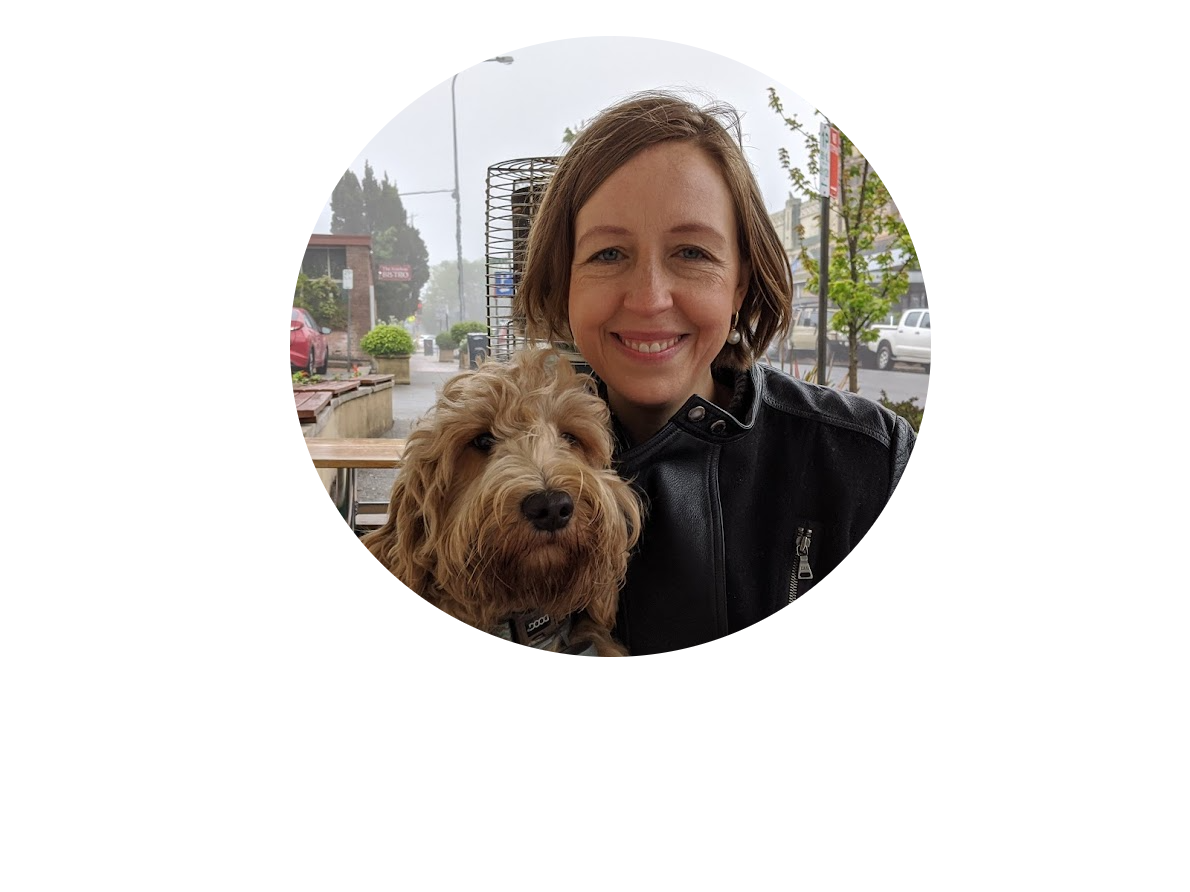NOTE: Please read THIS FIRST.
Babies 0-3 Months
By 3 months your baby should:
Listening and Understanding
- Turn towards a familiar sound or voice
- Be startled by loud noises
- Recognise parent’s voice
- Often be calmed down by a familiar friendly voice (eg. parent’s)
Speech Sounds / Talking
- Make vocal sounds, eg. cooing (“ahh”), gurgling
- Frequently cry when unhappy or uncomfortable
Social Skills
- Look at faces
- Copy facial movements, eg. sticking out tongue
- Smile
Babies 3-6 Months
By 6 months your baby should:
Listening and Understanding
- Watch someone’s face when they talk
- Turn towards a familiar sound or voice
- Be interested in new sounds and toys with sounds
- Enjoy music and rhythm
- Show excitement at the sound of approaching voices
- Respond to “no”
Speech Sounds and Talking
- Laugh
- May begin to babble, eg. say “baba”, “gaga”
- Blow raspberries
- Make vocal noises to get attention
- Grunt, frown or cry when sad or angry
Social Skills
- Cry in different ways to express different needs
- Make eye contact
- Sense different emotions in parent’s voice and may respond through laughing, smiling, or quietening
- Make sounds back when talked to
Play
- Play simple games such as making sounds back when talked to
- Explore toys with mouth by putting toys in mouth
- Enjoy looking at self in a mirror
Babies 6-9 Months
By 9 months your child should:
Listening and Understanding
- Watch someone’s face when they talk
- Turn towards a familiar sound
- Listen when spoken to
- Show excitement at the sound of approaching voices
Speech Sounds and Talking
- Laugh during play
- Babble, eg. “baba”, “gaga”
- Babble to self
- Make vocal noises to get attention
- Grunt, frown or cry when sad or angry
Social Skills
- Cry in different ways to express different needs
- Make eye contact
- Sense different emotions in parent’s voice and may respond through laughing, smiling, or quietening
Play
- Have favourite toys
- Play simple games such as peekaboo
- Play simple games such as making sounds back when talked to
Babies 9-12 Months
By 12 months your child should:
Listening and Understanding
- Respond when you call her name
- Turn and look in the direction of sounds
- Listen when spoken to
- Understand words for some common things eg. cup, food
- Respond to some simple instructions eg. “Come here”
- Respond to some simple questions eg. “Do you want more?”
Speech Sounds and Talking
- Babble using long and short groups of words eg. tata, bibibi
- Early sounds include: d, m, n, h, w, t.
- Have at least one word by about 12 months**
- Simplify words, eg. may call bottle “bo”
- Imitate different speech sounds
Social Skills
- Babble to get and keep attention
- Use gestures to communicate – eg. hands up for “pick me up” and wave for “bye”, pointing
- Take turns in conversations using babble
- Show affection towards familiar people
Play
- Play simple games such as peekaboo
- Have favourite toys
** A word is a word used consistently by the child for the same thing; the sounds need not be correct, as long as they use that word consistently to refer to the same thing. A word may include animal noises such as “baa”.

For more information
Learning Two Languages by ASHA
Find a Speech Pathologist with Speech Pathology Australia
Disclaimer:
This information is not intended to replace the recommendations of a Speech Pathologist for an individual with a communication impairment. If you have concerns about your child’s speech and language development, please contact a Speech Pathologist.

